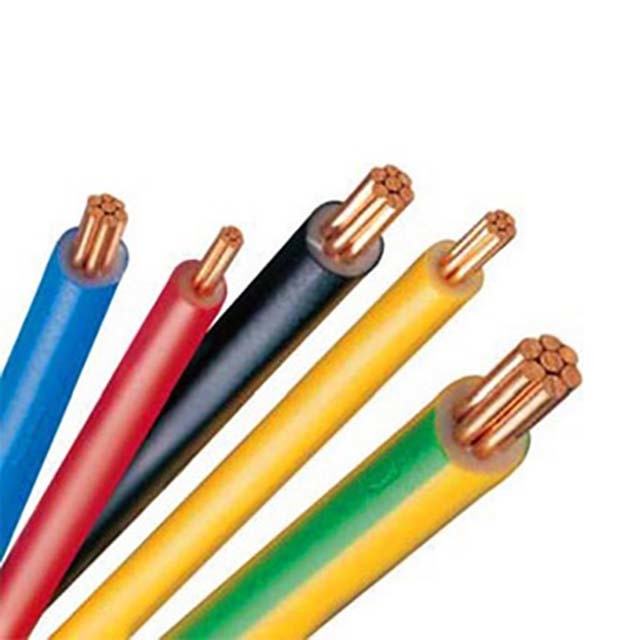
In the realm of cables, the utilization of copper wire stands out as a hallmark of quality and reliability across diverse industries. From telecommunications to power transmission, copper wire cables have proven themselves as the preferred choice for transmitting data and electricity efficiently. Let's delve into the world of cables and explore which specific types of cables incorporate copper wire and why they are indispensable in today's technological landscape.
- Telecommunications Industry:
In the telecommunications sector, copper wire cables play a pivotal role in ensuring seamless connectivity and data transmission. Copper's high conductivity and low resistance make it ideal for carrying signals over long distances without significant loss. Fiber optic cables may be gaining popularity, but copper cables remain essential for last-mile connectivity and traditional telephone networks due to their cost-effectiveness and reliability. - Electrical Power Transmission:
When it comes to transmitting electrical power, copper wire cables are the backbone of the grid infrastructure. Copper's ability to handle high current levels and resist heat makes it the preferred choice for power transmission lines. Whether it's overhead power lines or underground cables, copper ensures minimal energy loss during transmission, thereby enhancing the overall efficiency of the electrical grid. - Industrial Automation and Control Systems:
In industrial settings, copper wire cables are widely used for connecting sensors, actuators, and control devices in automation systems. The robustness and durability of copper make it suitable for harsh industrial environments where reliability is paramount. Copper cables ensure stable signal transmission, enabling seamless operation of machinery and equipment critical for industrial processes. - Audio and Video Transmission:
In the realm of audiovisual technology, copper wire cables remain a staple for transmitting high-quality audio and video signals. From professional audio recording studios to home entertainment systems, copper cables deliver superior sound and image quality compared to their counterparts. The conductivity of copper ensures minimal signal degradation, resulting in clear and crisp audiovisual output. - Data Networking and Internet Connectivity:
In the digital age, copper wire cables continue to play a crucial role in data networking and internet connectivity. Ethernet cables, predominantly made of copper, are widely used for local area networks (LANs) and connecting devices to the internet. Copper's ability to support high data transfer speeds and reliable connectivity makes it indispensable for modern networking infrastructure.
In conclusion, the versatility and reliability of copper wire cables make them indispensable across various industries, ensuring seamless communication, efficient power transmission, and reliable data connectivity. As technology continues to advance, the enduring presence of copper in cable manufacturing underscores its enduring value and importance in powering the interconnected world we live in.
